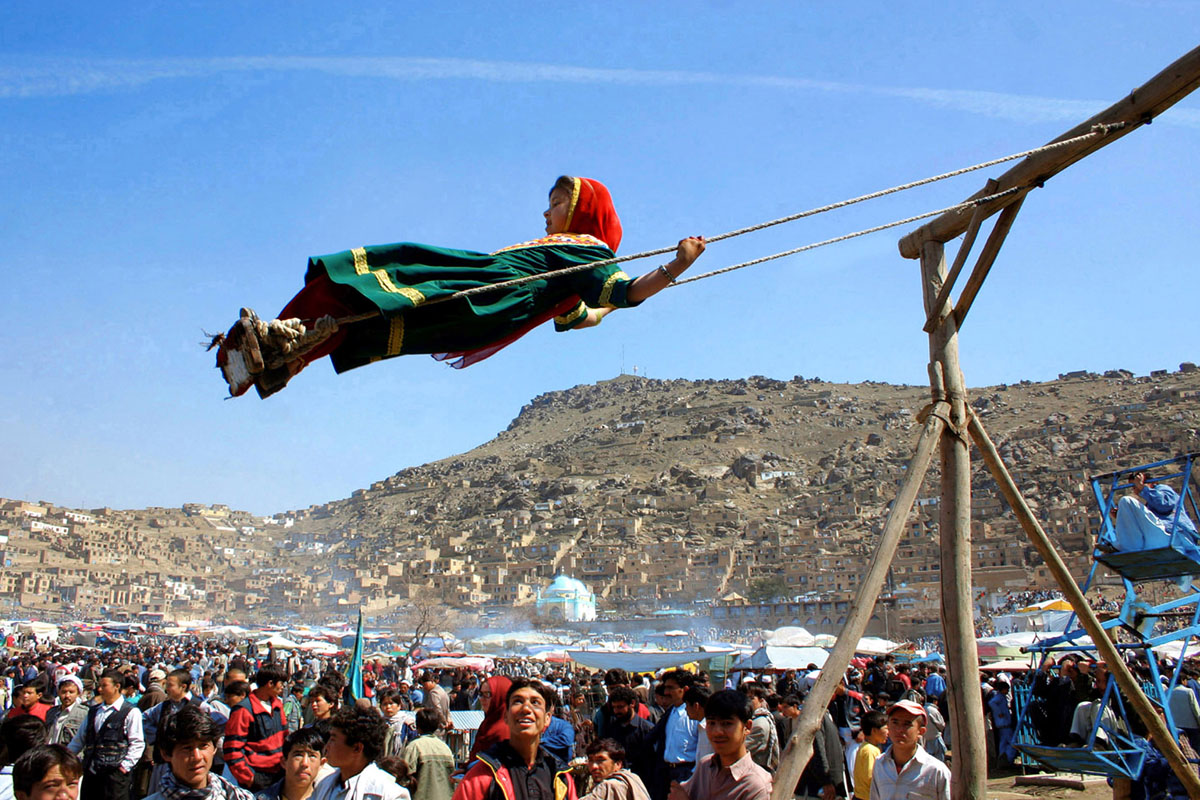Afia Ambreen
According to media reports Dalits in the Indian state of Uttar Pradesh are threatening to convert to Islam if upper caste Hindus will not treat them with dignity. Irked by the rules set by upper-caste Hindus, the Valmikis in Sambhal have announced that they would embrace Islam if the discrimination they have faced for years did not stop. The Dalit community’s right to have their hair cut by the barbers in the village is the latest fiasco that has boiled matters. Since independence, the Valmikis of Sambhal have to travel up to 20 kilometres to get a shave or hair cut but recently a Muslim barber who is new to the village agreed to provide his services to one man from the community and all hell broke loose after the fact became public. Reports stated that the barber in the village has gone missing to avoid further trouble. Later, around 50 Dalit families in Moradabad immersed statues of Hindu deities in the river there and started greeting one another with the salutation “Salaamwalekum” instead of the usual “Ram Ram”, following an increase in incidents of attacks on Dalits in Uttar Pradesh ever since the Yogi Adityanath-led BJP government came to power.
Dalits are the lowest members of the Hindu caste system in India. They undertake occupations that the rest of Indian society found filthy and embarrassing and also receive ill-treatment from the members of the higher castes particularly from Brahmins. For example, Brahman would have to bathe if a Dalit shadow fell on them, would not eat food prepared by Dalits, and would not drink water same wells as Dalits. They are not allowed to defy caste system and punished otherwise. Although Article 17 of the Indian Constitution banned untouchability in 1950, Dalits still suffers widespread discrimination and mistreatment. Local law enforcement personnel often refuse to document, investigate and response adequately to Dalits’ complaints. Upper caste members often threaten and assault Dalits who dare protest against their mistreatment. The traditional practices of segregation between upper caste and Dalits are continuing in India.
Although India is obliged under several international instruments to uphold Dalit rights, there is little enforcement to ensure that India meets its obligations under International Law. First, as a UN member state, India is bound to the provisions in the Universal Declaration of Human Rights (UDHR). The Articles I& II state that “all human beings are born equal in dignity and rights” and that the human rights protected in the UNDHR belong to everyone “without distinction of any kind, such as race, coloure, sex, language, religion, national or social origin, property, birth or other status.” India is violating its obligations under the UDHR as it has failed to protect Dalits against discrimination, degradation and violence.
Second, India has also failed to meet its obligations under the International Covenant on Civil and Political Rights (ICCPR) which it ratified on 10 April 1979. Not only does the ICCPR protect against discrimination of “any kind” including discrimination based on “social origin” but it also protects against torture, degrading treatment, arbitrary arrest, detention and promotes inequality in the courts and equal protection of law in failing to respect and ensure Dalits rights, India is not complying with ICCPR. Finally, Dalit Children, who are forced into bonded labor, or the practice of Devdasi, are protected under the provisions in the Convention of Rights of the Child in 1989 (CRC), which it ratified on 11 December 1992. In article 32, the CRC protects against “Economic exploitation” and the performance of “Any work that is likely to be hazardous, or to be harmful to the child’s health or physical, mental, spiritual, moral or social development.” Both the practices of child-bonded laboure and Devdasi violate India’s commitment under the CRC.
It is pertinent to mention here that no country can claim itself to be a democracy until and unless it has civilized society of equality as democracy is not only a governing system but it also provides guarantee for citizens’ constitutional and human rights. India is truly a flawed democracy as it failed to implement laws, which provides protection against such caste discrimination. So how can India claim to be a big democracy where the minorities being the citizens are not enjoying liberty and freedom and live as second class citizen? The Indian government has done nothing to remove caste prejudice and to provide justice to poor and powerless.



